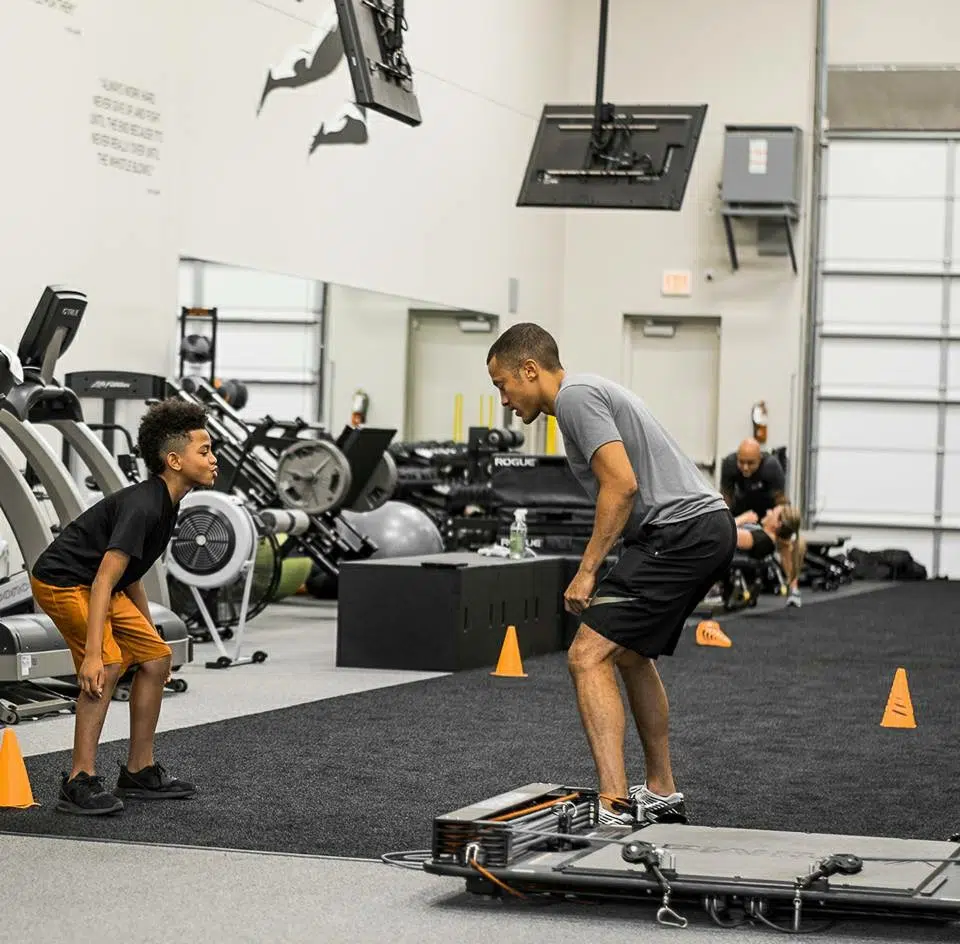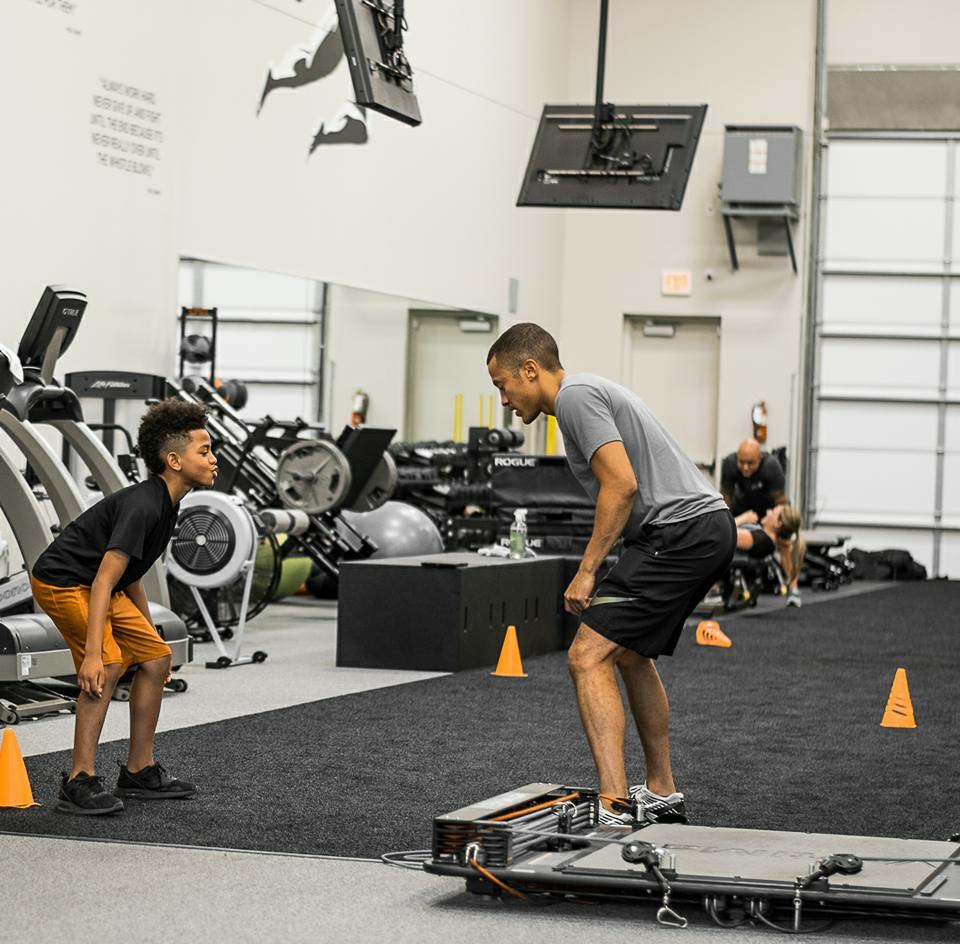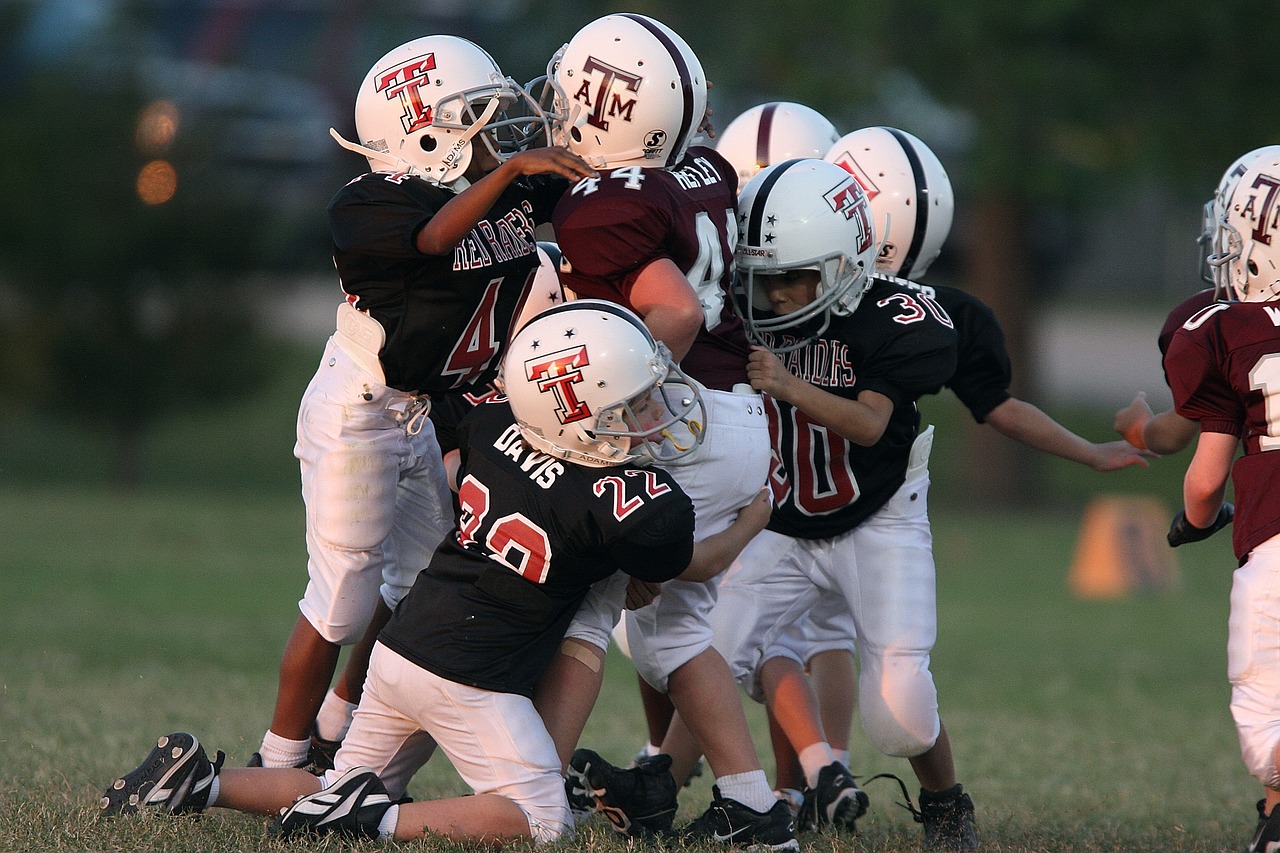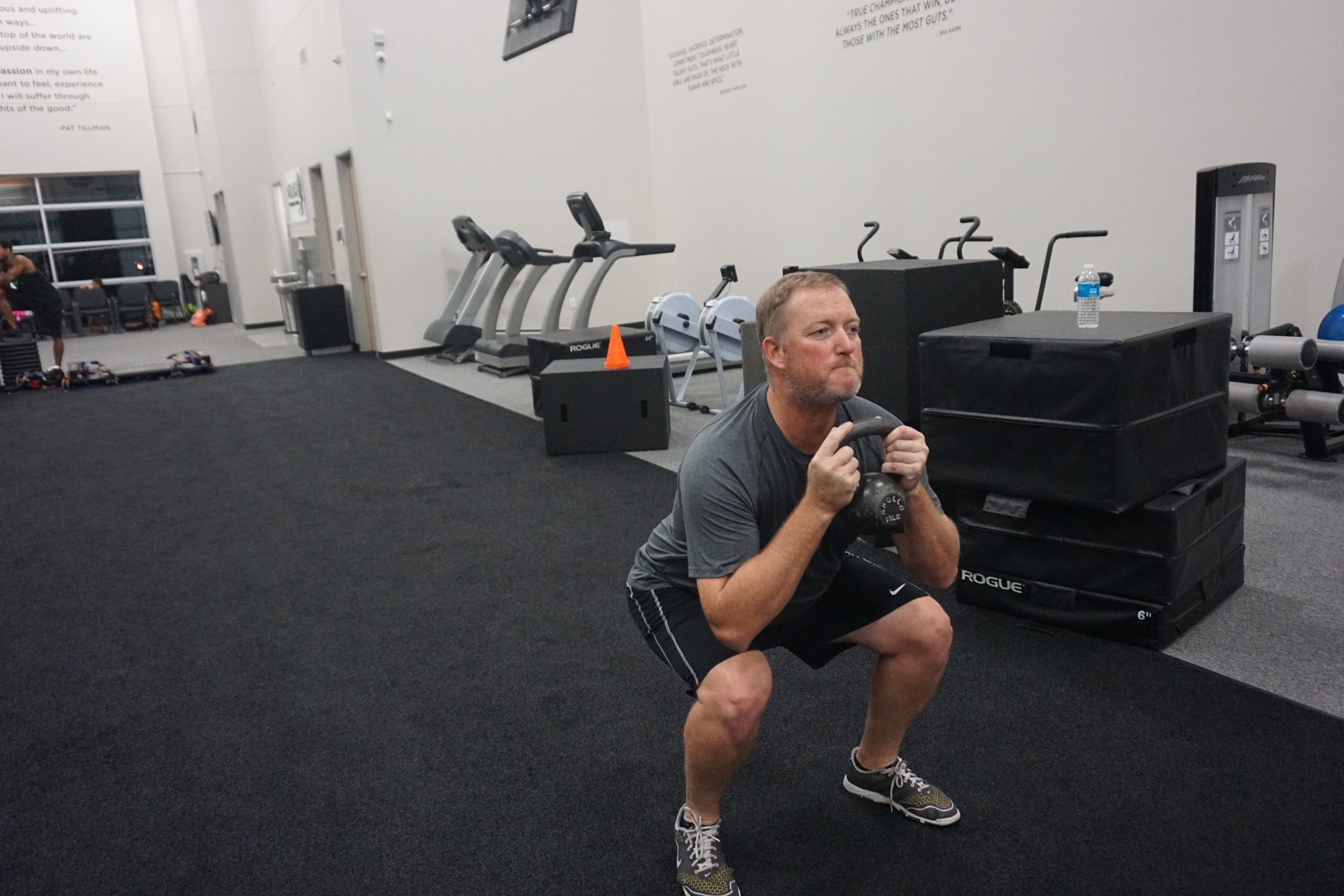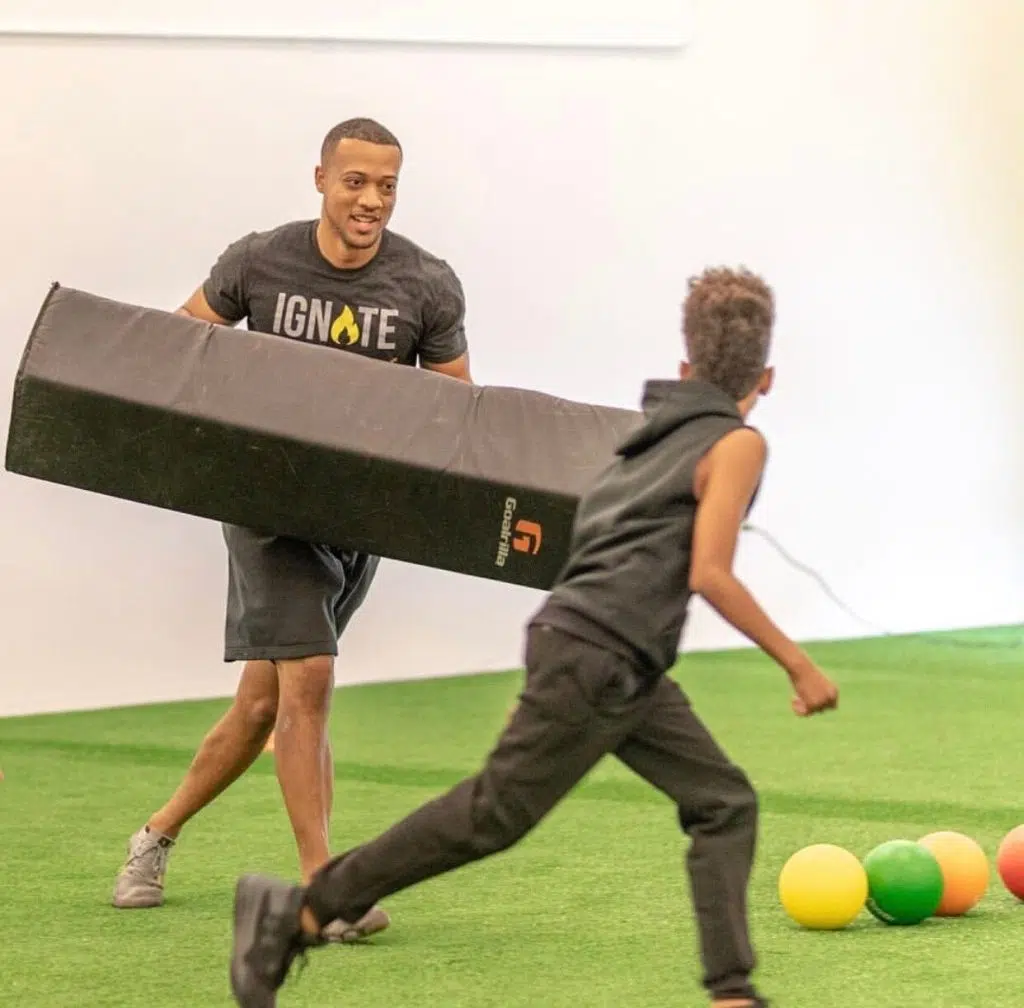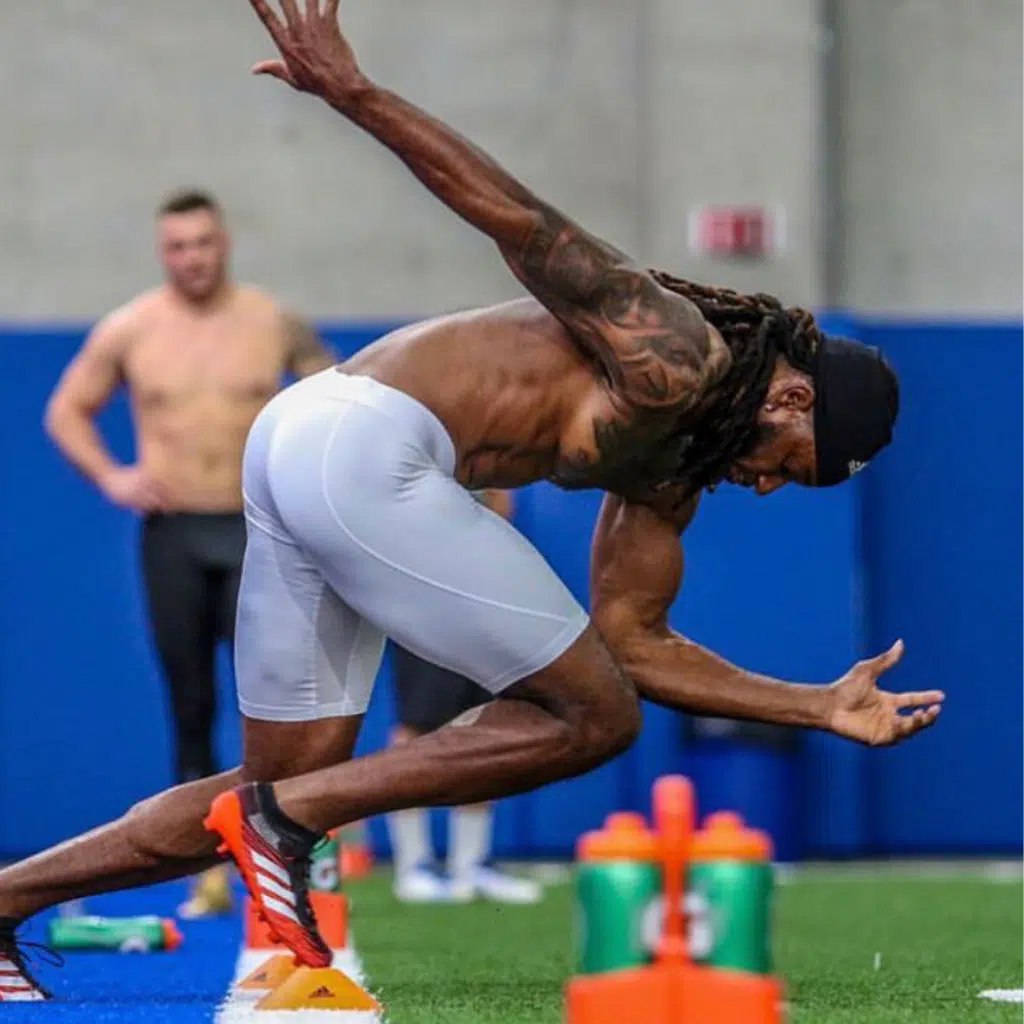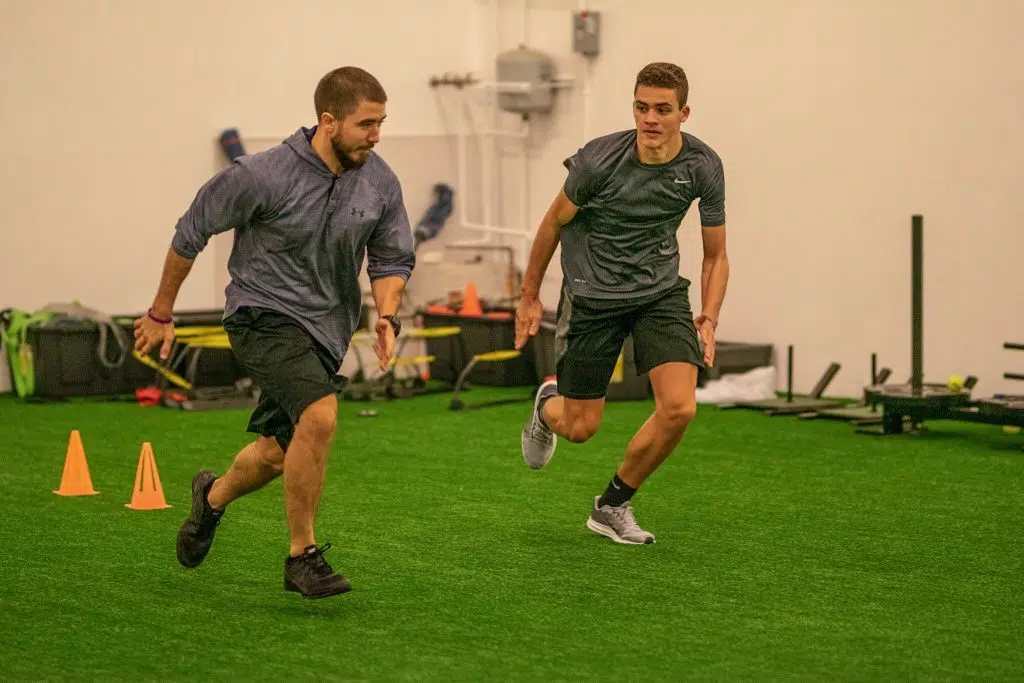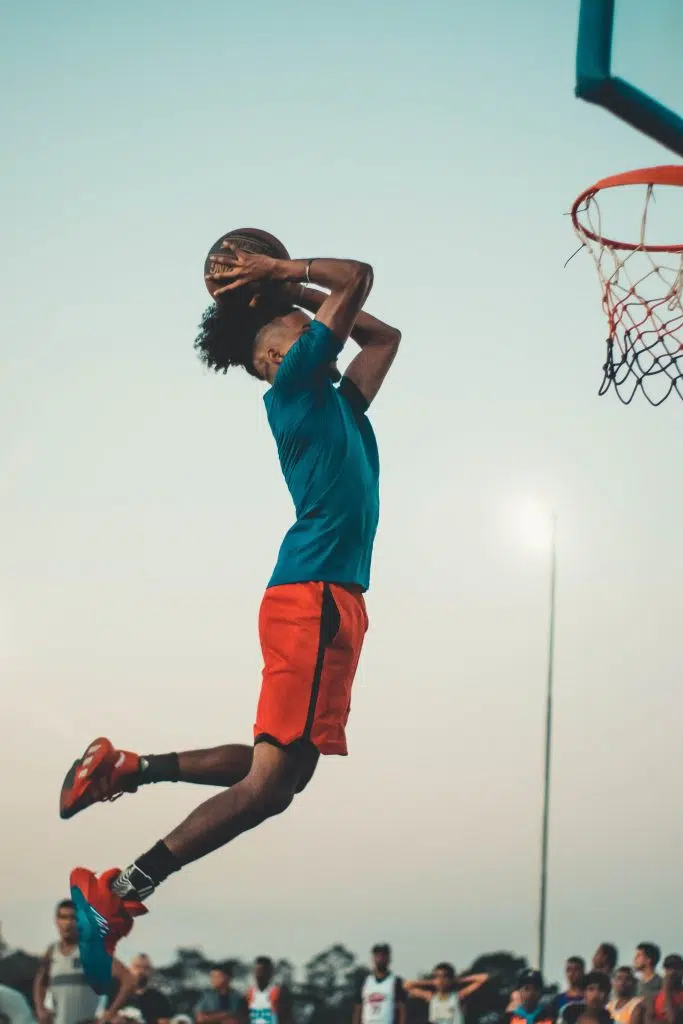Is my child too young to strength train?”..this is a question that every performance coach has heard at one point in time. It’s a question that comes up often. Although I’m not a parent myself, I understand where the concern comes from.
However, concerns about damaging growth plates, “throwing off your shot” are often inaccurate. Today I want to demystify some of these concerns and myths, and help set the record straight…It’s time to let your kids be strong folks!!
How Young is TOO Young?
How young is too young to strength train?…The answer to this question isn’t exactly clear cut (just like many others in life) . Basically, it depends. Not every youth athlete is the same. Whether an athlete is ready for intense strength train largely depends on 2 factors. Chronological Age, and Biological/Psychological Age…So what’s the difference?
Chronological age is the athlete’s exact age from a time perspective. If a youth athlete is has been on this earth for 12 years and 3 months, then that is there exact chronological age. Biological/Psychological age is how the athlete presents from a physical, mental, and emotional perspective. It’s based on certain biomarkers that someone hits as they age. Factors like hormone levels, physical, and emotional maturity largely impact biological/psychological age. For what that looks like from a practical perspective, I present you with case study #1.
Let’s take a look at 2 examples…
-
Take the 13 year old boy born in December who walks, talks, and move like a baby giraffe.
-
Take the 13 year old boy born in December who already has muscles, and has more facial hair than I do.
** Take a look at former NBA player Greg Oden in high school. Dude looks 47.
Now which one is “older”?…Even though they are the same age, athlete #2 is emotionally, mentally, most important, biologically more mature than kid #1. In this case, kid #2 is clearly more ready for the demands of intense strength training than kid #1.
Are We Concerned About The Right Things?
One of the biggest concerns parents have about strength training is the potential impact is can have on their bones and growth plates. To counter that argument, I present you with case study #2…The playground.
Ever watch a group of kids at a playground?…Pure chaos.
Kids sliding down slides, falling from monkey bars, and jumping off swings. Quite the load on the skeletal system right?….Yet, many parents shudder at the thought of their child with a weight in their hand.
football collisions Vs. Strength training
Case Study #3…Sports
Let’s take a look at our national pastime (no, it’s not baseball anymore) …According to Pop Warner statistics, in 2015 a total of 1.23 Million youth athletes between the ages of 6-12 participated in tackle football.
Eye openers, Oklahoma drills, W drills (these are basically drills where you hit the other person as hard as possible)…Football practice is violent. Let alone the games. I can guarantee you that the any impact of a good strength training program is negligible when compared to what they’ll face playing sport. And it’s not just football to consider. Sports like skateboarding, and BMX produce falls and collisions that are just as violent.
The Goblet Squat
Not All Training is Created Equal
In my opinion, there is a big misconception of what comes to mind when people think about strength training. The image people get when they think of strength training is some big meathead squatting or benching. But the fact is not all trainers or training is the same. Should your kid be loading up the bar for a 300 pound back squat??…Absolutely not. But there are many ways to get results and achieve a training effect with youth athletes.
Core Training is crucial for young athletes
Rather then doing a back squat, you can load them up in a goblet squat, or split squat.That way their muscles and nervous system are being challenged without directly loading their spine. Youth training program should focus on core stability, agility, and coordination, not on hypertrophy (mass building). This type of training won’t throw off an athletes shot or skills. Instead, it will compliment them.
So What to Do, What Do?
So as a parent, what do you do? …Well here are a few things I would advise you take into consideration.
-
Find a Qualified trainer – Yes, certification matters and experience matters. Find a certified trainer/performance coach.
-
Ask Questions – Any qualified trainer should not be intimidated when parents ask questions. They should welcome it.
-
Attend a Session – I’m not saying go be the helicopter parent, but go and observe. If you see anything that looks reckless, then that’s a bad sign.
I can imagine a parents perspective when it come to this issue. Parents want what’s best for their child and unfortunately in the fitness industry, not everyone shares the same sentiment. People have their own agendas.
But with anything in life, there are risks when it comes to strength training. But in my experience, the benefits greatly out weigh those risks. So just do a little homework, and let your kids be strong!!

